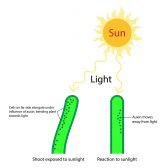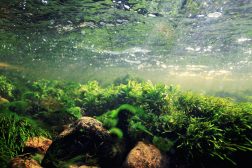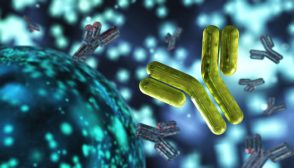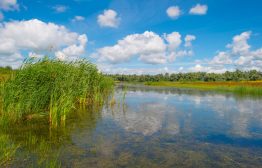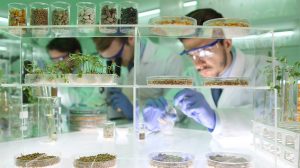Definition
noun, plural: isomerases
(biochemistry) An enzyme that catalyzes the isomerization changes in a molecule, thereby aid in the conversion of a chemical compound from one isomeric form to another
Supplement
An enzyme is a catalyst or a chemical produced by cells to speed up a biochemical reaction. It is usually a protein molecule with a characteristic sequence of amino acids that fold to produce a specific three-dimensional structure, which gives the molecule unique properties. Other molecule with catalytic activity is ribozyme, an enzyme made of RNA rather than protein. Enzymes may be classified and named according to the reaction they catalyze: (1) oxidoreductases, (2) transferases, (3) lyases, (4) isomerases, and (6) ligases.
Isomerases are enzymes that catalyze the isomerization changes in a molecule. Isomerization is a process in which one isomer is formed from another. An isomer is any of the two or more forms of a molecule with the same chemical formula but with a different stereochemical arrangement of the atoms.
The different subclasses of isomerases according to the EC Number classification: EC 5.1 (racemases and epimerases, e.g. alanine racemase, methionine racemase, lactate racemase, etc.), EC 5.2 (cis-trans isomerases, e.g. maleate isomerase, linoleate isomerase, farnesol 2-isomerase, beta-carotene isomerase, etc.), EC 5.3 (intramolecular oxidoreductases, e.g. triose-phosphate isomerase, ribose-5-phosphate isomerase, etc.), EC 5.4 (intramolecular transferases, e.g. lysolecithin acylmutase, precorrin-8x methylmutase, etc.), and EC 5.5 (intramolecular lyases, e.g. muconate cycloisomerase, chalcone isomerase, lycopene epsilon-cyclase, etc.)
See also:
- enzyme
- isomer
- isomerization
Related term(s):

